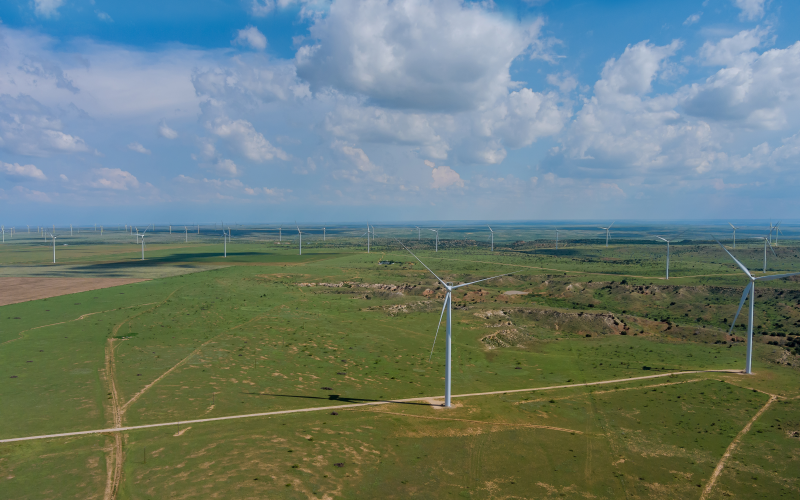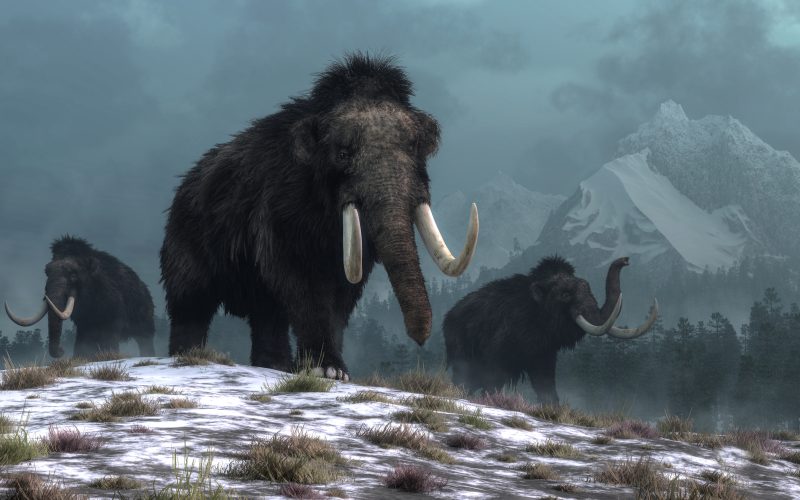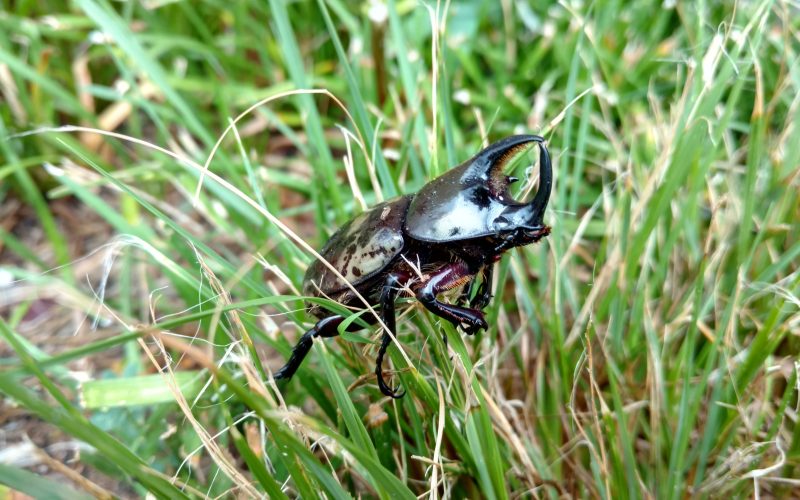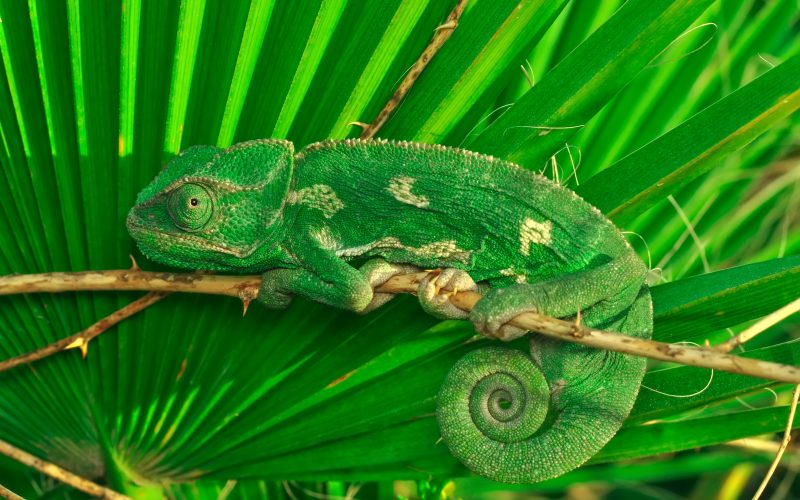Justin Worland of Time magazine discusses how politics is getting in the way of progress toward renewable energy and why the state continues to incentivize carbon-heavy methods.
Read more


Justin Worland of Time magazine discusses how politics is getting in the way of progress toward renewable energy and why the state continues to incentivize carbon-heavy methods.
Read more
April Nowell, a Paleolithic archaeologist, joins us to discuss the efforts to uncover the mysteries of childhood in the Ice Age.
Read more
Oxford emeritus professor Bent Flyvbjerg talks about grand-scale projects and why some become famous, while others become infamous.
Read more
Entomologist Arthur V. Evans joins us for a primer on the world of beetles – some 400,000 species strong – their ability to survive and their importance to ecosystems.
Read more
Author S.C. Gwynne talks about the zeppelins that were built to connect the British Empire in style and grace but had fatal flaws that were overlooked by the bombastic men who championed them.
Read more
Lixing Sun, a professor in the Department of Biological Sciences at Central Washington University, talks about the role of deceit in the lives of plants and animals.
Read more
Larry Sherman is professor of neuroscience at the Oregon Health and Science University, and he joins us to talk about how music works in the brain and how it affects our emotions.
Read more
Science writer Philip Ball talks about efforts to create organic matter designed to help faulty organs while living in the body.
Read more
Psychology professor Dacher Keltner joins us to discuss a relatively new field of research studying awe, how it can transform the mind and body, and his own personal experiences with it.
Read more
Tara Parker-Pope, Well+Being Editor at The Washington Post, discusses the longevity gap between men and women – which is present around the world – and the research that’s needed to understand it.
Read more
New Yorker staff writer Emily Witt discusses IVG – a process that involves using nonreproductive cells to produce offspring – and the potential for same-sex couples to each be biologically related to their child.
Read more
Willy Staley joins Krys Boyd to discuss Twitter beyond Elon Musk’s takeover, how it’s changed how we talk with one another over the last 15 years, and if it’s all been worth it.
Read more